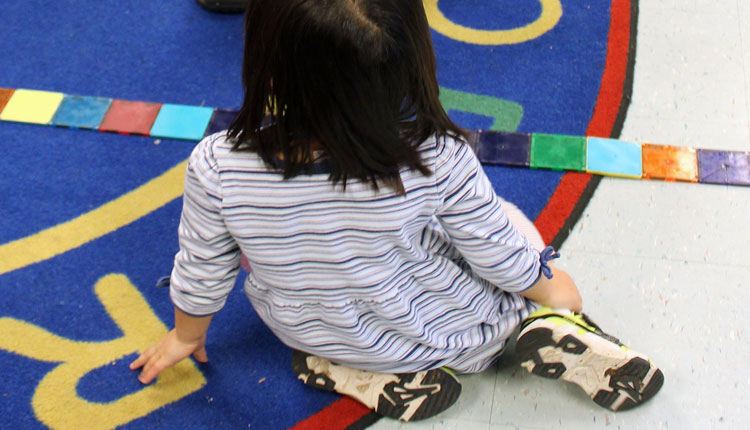DIR/Floortime Therapy for Autism
DIR/Floortime is one of the many time tested therapies available to treat autism and other developmental disabilities. The stated objectives of DIR/Floortime are “to build healthy foundations for social, emotional and intellectual capacities, rather than focusing on skills and isolated behaviors." DIR stands for Developmental, Individual, Relationship-based, a model that enables clinicians, parents and educators to conduct a comprehensive assessment of an individual and develop a treatment program unique to them.
“Floortime” is a specific technique and a form of emergent curriculum where a child takes the lead in revealing to the adult his or her natural emotional interests. The therapist, in turn, uses that expressed interest to challenge the child towards greater mastery of their social, emotional and intellectual capacities. With young children, this playful relationship literally occurs on a mat-covered floor, but carries over into conversation skill-building and interactions in other environments. Parents are also brought into the equation.
I saw a video on Floortime in which a child who was riveted by a toy and oblivious to her attendant parents, ended up happily sharing the toy with them. A watershed event for the entire family, the child was so excited by these people who’d yearned to connect with her and had regarded it as an impossibility.
Adolescents and adults can also benefit from DIR. In fact, doctors maintain that many individuals with developmental disabilities are prematurely written off in terms of improvement that can be made in their conditions. They point to unconscious reactions in adults to the size of older individuals with developmental disabilities as being a factor. The adult reaction to an angry three-year-old is much different than that of a sixteen-year-old who is acting out. The attending adult wants to address the needs of the three-year-old who evokes their nurturing impulses, while seeking to punish, contain or restrain the teen. Certainly, these forces are at work in public school systems and residential treatment centers, entrapping many needy individuals in a vicious and escalating cycle.
Doctors have also warned that children shouldn’t be labeled “retarded” until three full years of treatment render no improvement. Succumbing to such resignation isn’t necessary when work can be done with a child and their family to improve his or her processing capacities. Striving to remediate specific deficits such as deficient motor-planning and sequencing, which affects function across the board can lead to overall improvement. Working to identify underlying conditions and identifying the strengths and weaknesses within an individual’s many systems is much more demanding of diagnosticians and therapists, but brings hope to people who in many cases, have been written off, including self-injurious children with autism.
DIR/Floortime’s comprehensive approach is scientifically grounded and effective at improving the quality of life for children with autism. It’s very expensive and that puts it out of reach for my family, but if you have good insurance, it’s definitely something to consider. In addition, these types of services may be covered under your State’s autism funding, grant or scholarship programs: https://www.icdl.com

